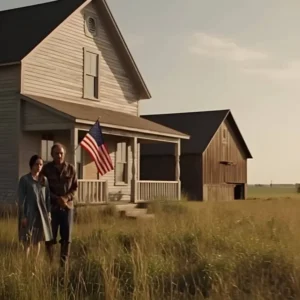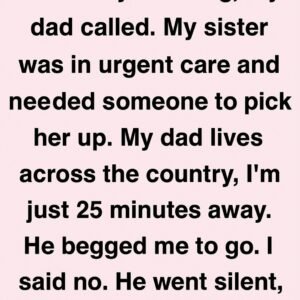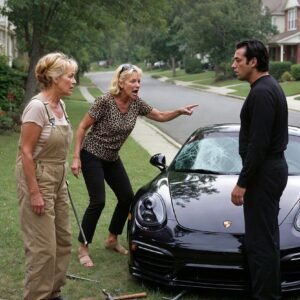When I was little, my mom used to take me on long, peaceful walks. We’d laugh, chase sunlight, talk about nothing and everything. But every time we came home… she’d lock herself in the bathroom — and cry.
I used to press my ear to the door, wondering why. Was she sad? Did I do something wrong?
She always came out smiling. “Mommy’s fine,” she’d say, pretending her red eyes were from soap or dust. And I believed her.
Years passed. Life got harder. And one day… she was gone.
That’s when the truth hit me like a wave I wasn’t ready for. She didn’t cry because she was weak. She cried because she was strong — too strong, for too long.
Every tear she shed in secret was her way of holding our world together without letting me see it fall apart. I remember how she’d wipe her eyes, make my favorite snack, and smile like everything was okay —
just so my childhood could stay bright while hers dimmed quietly in the background. Now that I’m grown, I finally understand how heavy her love was.
The bills, the loneliness, the sacrifices — the silent battles she fought while telling me,
“It’s okay, baby. Mommy’s got this.”
She never asked for sympathy. Never complained.
She just carried it all… and loved me anyway. If I could talk to her now, I’d hold her hands and say:
“I see you, Mom. I finally see you.”
Because sometimes the strongest people aren’t the ones who never cry —
They’re the ones who cry quietly… and still choose love every single day.





